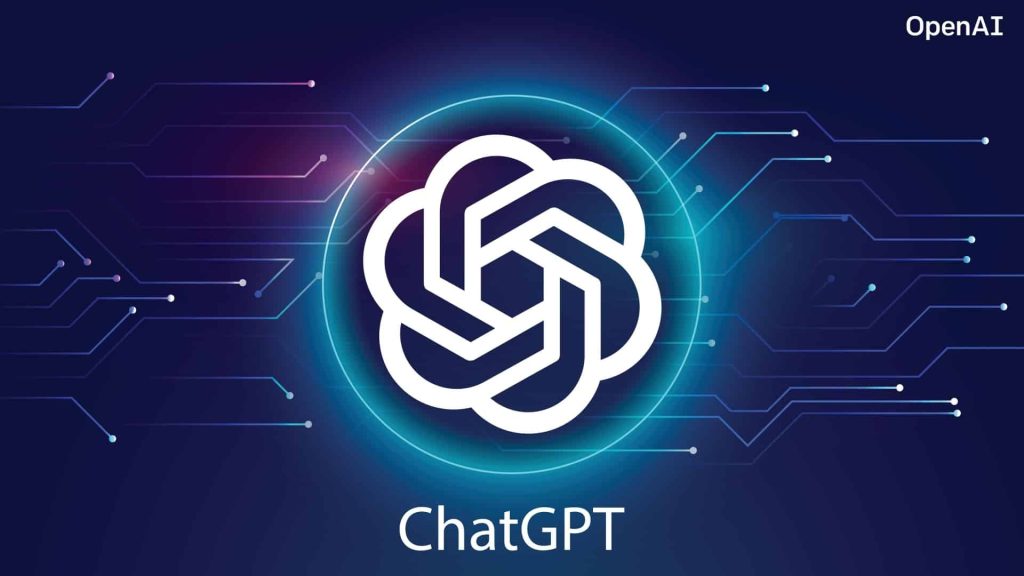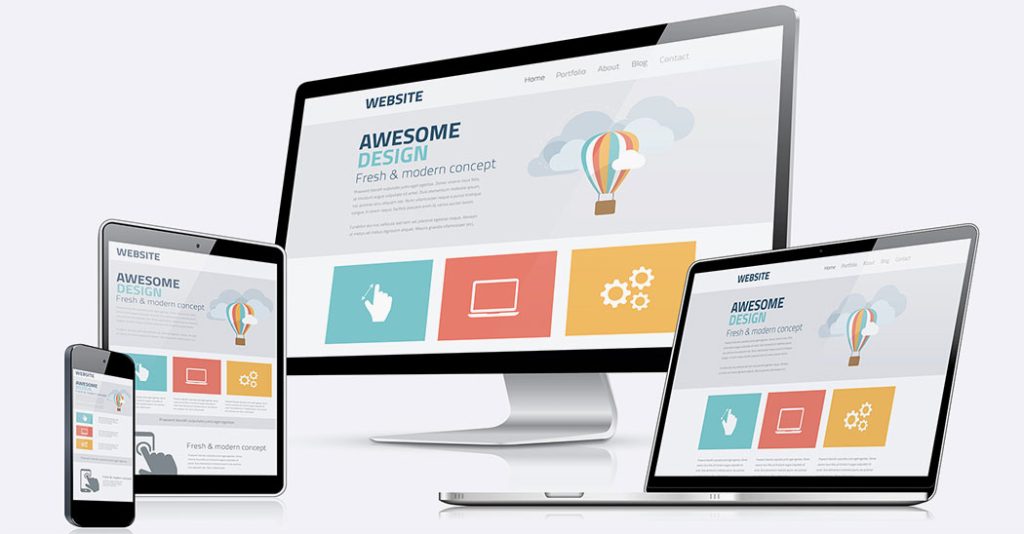
Artificial Intelligence (AI) has become an integral part of marketing strategies, evolving in sophistication with each iteration. This raises the crucial question: to what extent will AI impact marketing, potentially leading to the replacement of specific roles or entire teams? The launch of OpenAI’s ChatGPT in the last two months has intensified this concern, capturing the attention of marketers globally.
Understanding ChatGPT: ChatGPT, short for “Chat Generated Pre-Trained Transformer,” is an AI chatbot leveraging the GPT-4 natural language processing model developed by OpenAI. Widely adopted across various industries, including marketing, ChatGPT serves as a versatile tool for enhancing and automating customer interactions, thereby improving overall customer experiences. Personally, I’ve employed ChatGPT for tasks such as content generation, meta description writing, keyword research, and even coding. Additionally, friends have utilized it for purposes like crafting product descriptions, website copy, and event planning.
Since its launch in November 2022, ChatGPT has garnered significant attention, with numerous use cases and ideas emerging. However, there remains a gap in comprehensive understanding regarding how to fully leverage ChatGPT in marketing. This blog post aims to explore ChatGPT’s marketing applications, including use cases, prompts, tools, and strategies. Furthermore, it delves into the broader implications for the future of marketing due to the integration of ChatGPT and other language models.
Utilizing ChatGPT for Digital Marketing: One prominent area where ChatGPT proves invaluable is in Search Engine Optimization (SEO), particularly in the realm of keyword research, clusters, and topic suggestions.
1. Asking ChatGPT for Keyword Research: A significant time-saving aspect of ChatGPT lies in its application for SEO, particularly in keyword research. Effective SEO relies on foundational keyword research, and ChatGPT facilitates this by identifying target keywords and grasping search intent. Leveraging its natural language understanding capabilities, SEO practitioners can gain insights into user search behavior, identify relevant keywords, and optimize content to meet user expectations.
To initiate this process, consider the following prompt when you have a main topic in mind:
- “What are the most popular subtopics related to (main topic)?”
2. Developing Subtopics: Expanding on identified subtopics is crucial for developing comprehensive content. Use the following prompt to delve into subtopics and create talking points:
- “What are the most popular subtopics related to (subtopic)?”
3. Semantic Keyword Development: Enhancing content relevance and SEO is achievable through the incorporation of semantically related keywords. While various paid tools like SEMRush can assist in this, ChatGPT provides a starting point with the following prompt:
- “If I am writing a blog on the primary keyword ‘_____,’ what semantically related keywords should I include?”
By exploring these aspects, marketers can harness ChatGPT’s capabilities to elevate their digital marketing strategies and stay ahead in an AI-driven landscape.
ChatGPT can prompt SEO research. Once you’re done, you’ve got yourself a bunch of keywords to kick off your SEO-friendly content. Just remember to use other SEO tools for the nitty-gritty details on search volume and intent. That way, you’ll get the right kind of awesome traffic you’re aiming for.
Getting ChatGPT to Sort Out Topic Clusters: Use ChatGPT to assist you in forming content clusters, a handy step in kickstarting the creation of a killer pillar page outline. Just tell ChatGPT, “Organize the above keywords into content clusters.”
Seeking Topic Ideas from ChatGPT: Have ChatGPT whip up a list of the most commonly asked questions tied to your main keyword and relevant to your audience. Just ask for questions that matter! This empowers you to craft top-notch content that not only secures a spot in SERP results but also delivers maximum value to your audience. You can address these questions in a dedicated FAQ section on your website, individual blog posts, or even as part of your social media marketing strategy.
Will ChatGPT Replace Digital Marketing?
In a nutshell, no, ChatGPT and GPT-4 powered tools aren’t flawless and still require the touch of a professional human for review and editing. Despite the quality they bring, there are strategies and insights that, at least for now, only a human brain can generate through expert analysis and experiences. ChatGPT proves to be a robust language generation model, serving as a valuable supplementary tool, especially in digital marketing. By leveraging technologies like ChatGPT for content creation, product descriptions, and customer support responses, businesses can save time and resources while enhancing the overall experience for their audience. If you’re keen on incorporating AI-driven marketing campaigns, reach out to a NoGood AI expert today to explore untapped possibilities.

